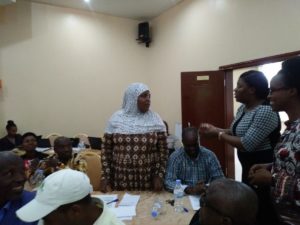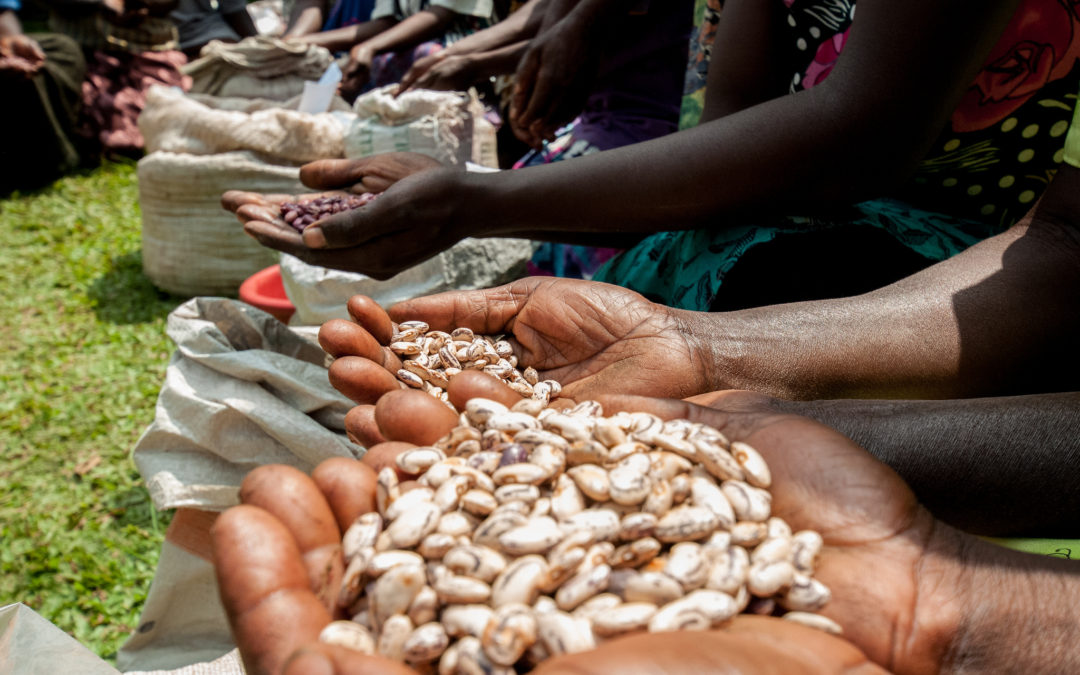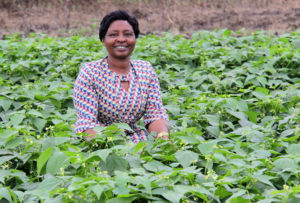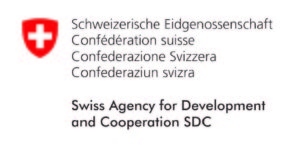By Eileen Nchanji, Chantal Ingabire and Eliud Birachi
Agricultural transformation is one of the leading efforts for poverty reduction and food security in Africa. Governments, development agencies and researchers agree on the role that can be played by agricultural transformation in a countries’ economic growth. The main idea is to shift from the subsistence production that has involved the majority of African farmers, to a more productive and market-oriented farming. Such a transformation is possible in Africa, but to move forward, we need to close the agricultural gender gap, which remains one of the greatest barriers. This gap is not about the number of women farmers. In fact, roughly half of Africa’s farmers are women. The gap is about productivity and unstructured markets resulting from limited agronomic knowledge and marketing skills. Across the continent, farms controlled by women tend to produce less per hectare than farms controlled by men. This is also explained by the fact that men have greater access to and control over productive resources (land, capital and labour). Besides, men’s decision-making power over agricultural activities and agricultural income, taken side by side with women’s limited access to remunerative markets are shown to be widening the gender gap.
Rwanda is already ahead of many African countries with strong institutionalised gender equality policies. Rwanda has a mandatory 30% representation of women in decision-making positions across all institutions and levels. Concerning agriculture, Women are highly involved in agriculture, and the government recognise them as being the backbone of agricultural commodity chains by providing labour for production, harvesting and processing. Hence, all policies and strategies that relate to agricultural transformation are gender mainstreamed. For instance, in the current land policy, men and women have joint ownership of land (land title) and either can inherit land if the other dies. Only monogamous marriages are legal to reduce ambiguities in land inheritance and ownership. Women and men can also use their lands as collateral to obtain loans or credit if the other spouse accepts. These policies in place in Rwanda has reduced gender barriers regarding land ownership and access to finance. While the policies clearly place men and women at par, in practice there exist incidences where this is yet to be applied at the community level, stemming from differential education and livelihoods endowments.
We recently had an opportunity to discuss gender in agriculture in the context of Rwanda. This was during our presentation held in Kigali, on integrating gender into the bean business platforms in Rwanda. The discussion involved different actors of bean value chain in Rwanda, and we were able to collect ideas from men and women separately on what each understands by gender equality. All the participants confirmed that the country’s leadership has done a lot in gender equality promotion and they are well informed about it. Men understood gender equality as women equating themselves to men while women understood it as an opportunity for equal decision making and benefit sharing with men. However, men participants submitted they have remained the ultimate decision-makers on how farm benefits are shared in their households. Men suggested that women’s confidence should be enhanced through training and capacity building to match the men. Women proposed woman2woman empowerment to take advantage of opportunities available to fill the gender gap. Both the men and women agreed that a higher participation of women in decision-making and joint partnership in benefit sharing is the desired entry point towards agricultural transformation. A woman participant stood out in explaining how she thinks gender barriers could be overcome to reach the needed transformation. One of the points she raised which resonated well with most participants was that most of the women lack the self-confidence to embark on market-oriented farming. She emphasised that woman2woman mentoring would be another entry point to increase women productivity and strengthen links to markets in order to increase income and food security

A platform participant explaining how she thinks gender barriers would be overcome to reach the needed transformation (Credit: Lilies Gachanja)
The lesson learned from the Kigali meeting was that a successful transformation of agriculture does not only require a high commitment from the country and favourable policy environment, but they need to be accompanied by some social-cultural changes at grassroots’ level (community and household level). The case of Rwanda shows that even in the case where gender equality is highly mainstreamed nationally, possibilities of gender gaps within farming households may easily remain and even be overlooked, thus slowing down transformation efforts in many countries.
Acknowledgement from the Pan Africa Bean Research Alliance (PABRA) and FATE



